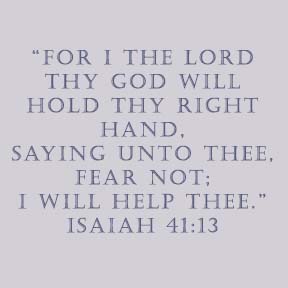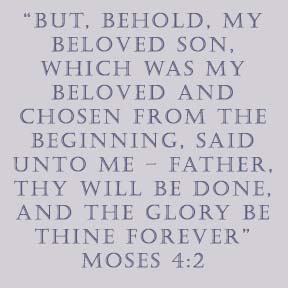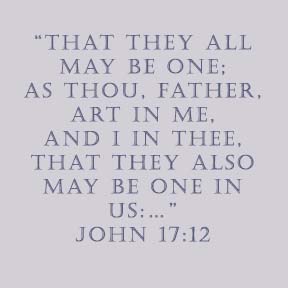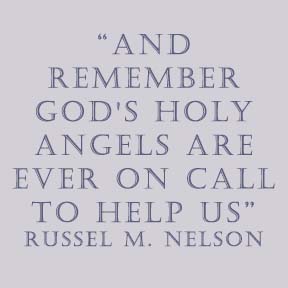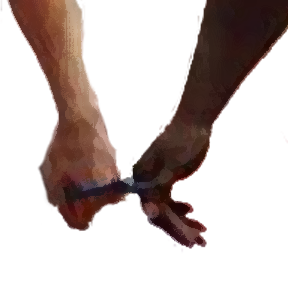
A Blind Run Through Life
I first saw a blind race when I watched a video of David Brown and His running guide, Jerome Avery’s 2016 Olympic gold medal winning 100-meter dash on Facebook. I will admit until that moment I had never thought about how people with visual impairments would compete or that they would even want to. I has so many questions! What did it take to become a running guide? How did one even sign up for that? How did it work? So, I got to work researching this area of running I knew nothing about (admittingly I didn’t know much about running in the first place).
For those of you like me, who know next to nothing about what a blind race looks like, let me explain. Runners with severe vision impairments are partnered with sighted runners. Side-by-side. Step-by-step. They run the race together – tethered at the wrist or fingers by a short piece of rope or shoestring. Training together, a tight bond is formed – one of complete trust – as the guide runner calls out potential obstacles on the course and how far they have left to go. In competition, if the blind runner wins a medal, their guide wins a medal too. Only together can they both succeed.
The further I dove into the research the more lesson’s I found that could apply to life in general. From being equally yoked with your partner to we all succeed together as we help each other reach goals. But the one lesson that has stuck in the mind the most is the lesson that we all need guides as we run this race we call life.
What makes a good guide?
- Vision. It is obvious that a guide needs to be able to see what is ahead but worth mentioning because vision is so much more than just seeing. A guide needs to have the vision to see the potential in another and the vision to see how to bring it out. They need the vision to see how to overcome an obstacle or the vision to know when to just be with someone when difficult circumstances have no easy solutions.
- Elite speed but willing to sacrifice the dream of individual glory for the potential success of another. In the United States it has been reported that many talented sprinters come and go through the guide program, but don’t stick around with they must commit to another’s success and forego their own. It’s hard to give up on a dream for yourself and commit solely to the dream of another, especially when you are among the best at what you do.
- The ability to be in sync their partner. Being in sync or not can be the difference between winning and not, especially at the elite level where the fastest blind sprinters are just a second off Usain Bolt’s pace.
We can have many guides in our lives if we choose.
Some guides will have all the qualities listed above, some may not. Parents guide us through our growing years. Teachers guide us along our education path. Religious leaders guide us along our spiritual path. Mentors guide us along our career path. Many guides come into our lives organically, without any work on our part. But one guide – the best guide in my opinion for the whole of life’s circumstances – must be sought out.
Having Jesus Christ as our ultimate guide offers a unique perspective only He can give. Day to day, moment by moment we do not know what obstacles may lie ahead for us, but with His omniscience He does and is eager to guide us through our paths of life. As our older spiritual brother, He was with each of us in our pre-mortal state. He knows each of us intimately and knows our potential better than anyone. Who better to guide us throughout our lives?
As a God who volunteered to experience all of mortality, and provide the only way for each of us to succeed in life through His atonement in Gethsemane and on Golgotha, He is uniquely qualified to guide each of us through our difficulties of life.
Ultimately being able to run as one is the responsibility of each person in the partnership. If we allow Him to, Christ will meet us where we are and stride for stride take us to places we never dreamed possible if we learn to sync our strides to His. Will there be growing pains as He trains with us and strives to help us become better? Yes, but eventually, we will be able to go through life confident that we are one in our walk with Him.
What makes a blind runner successful?
- They learn to trust their guide completely. This takes practice and training together every single day for hours at a time. Following their guides lead and learning that they will not be led astray.
- Undivided Focus. In a race, there are many voices: other guides talking to their runners, the crowd, the officials. So many voices. It is important to learn the voice of your guide and focus solely on it.
- The ability to take direction and move forward without all the information. One thing I learned in my research is that guides never lead from in front of the runner, they are always just slightly behind them. This means the runner always must take the first step forward. It also means that guides cannot pull their runners in the direction they need to go to avoid obstacles so the runner must take verbal instruction and follow it immediately.
How do we learn to trust the Lord, and focus on His voice?
The same way the runners do. Practice. Practice. Practice What does this practice look like? Spend time with Him in the scriptures, in prayer or through sacred music or activities. Follow promptings to do good. Practice learning to serve as He serves and see as He sees. Learn to ignore the negative influences around us. Have faith and trust in Him to start down a path we feel inspired to follow – even if we don’t know where it leads or sometimes even how we can do it. In short, it’s becoming a disciple of Jesus Christ.
Will there be times we fail? Times we fall short? Times we don’t ‘win’? Times that hurt? Times we wonder if we can even take one more step? Times we want to give up? Yep. It’s part of being human. But with the help of the Savior we can feel peace and comfort through those times and be lifted up and buoyed up and start practicing following His lead again.
Until next time, Be Kind: we’re all running blind.
